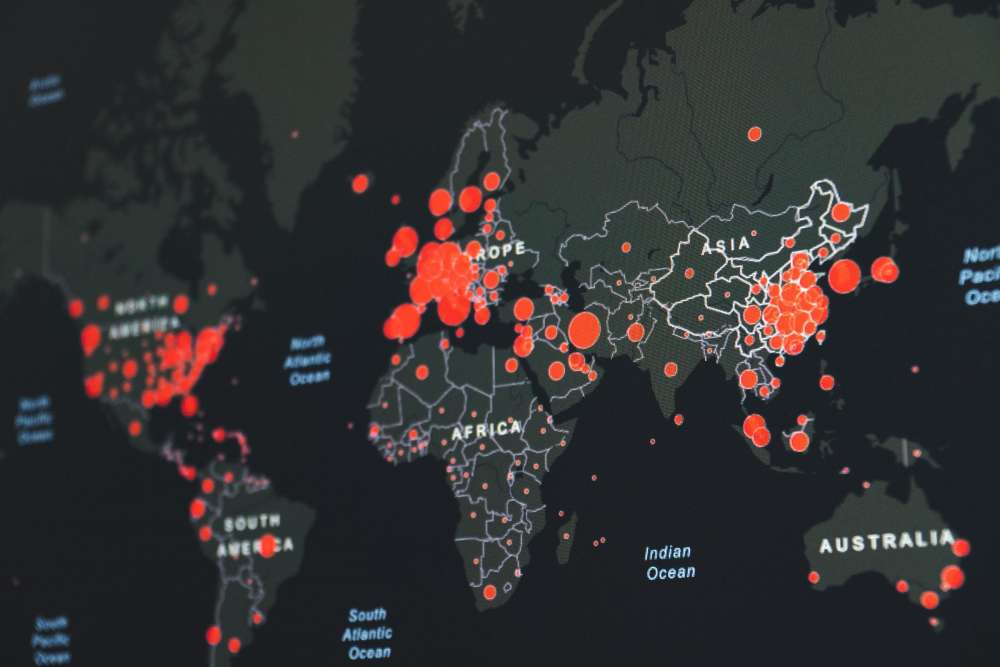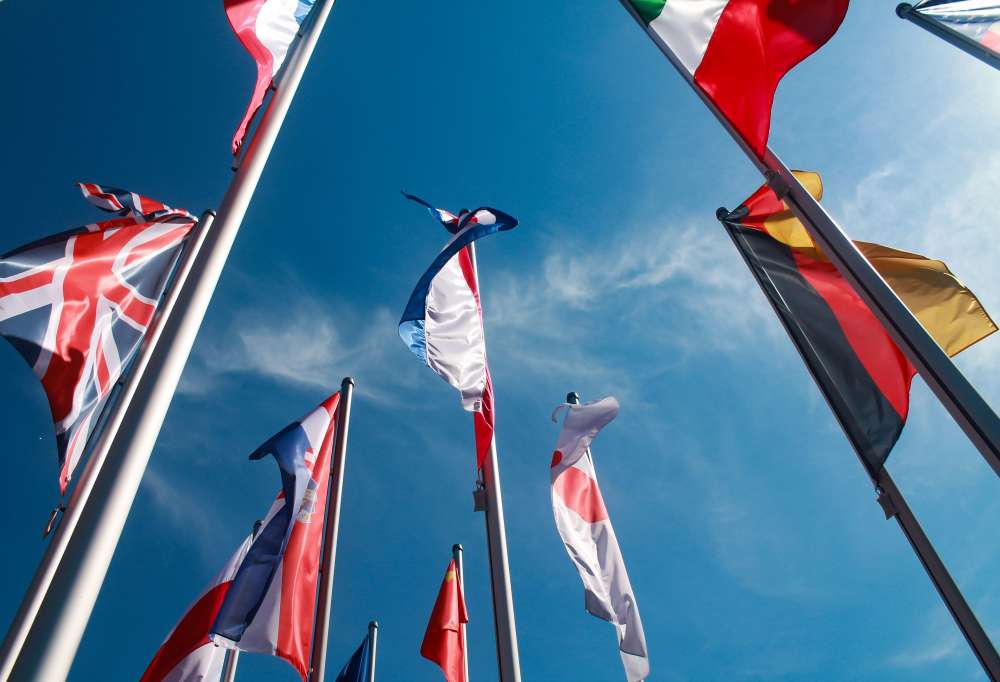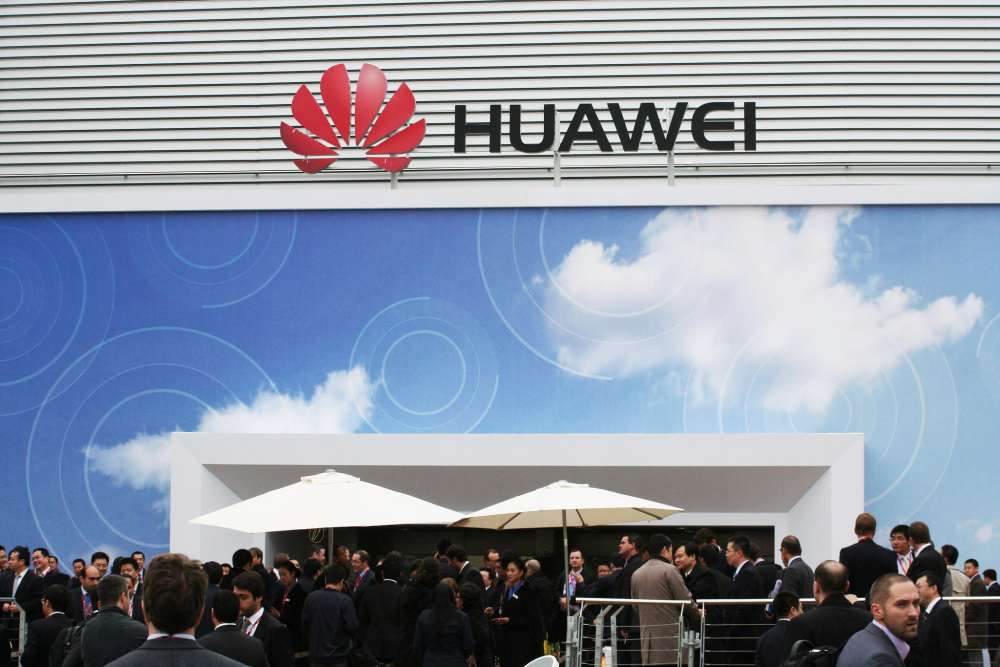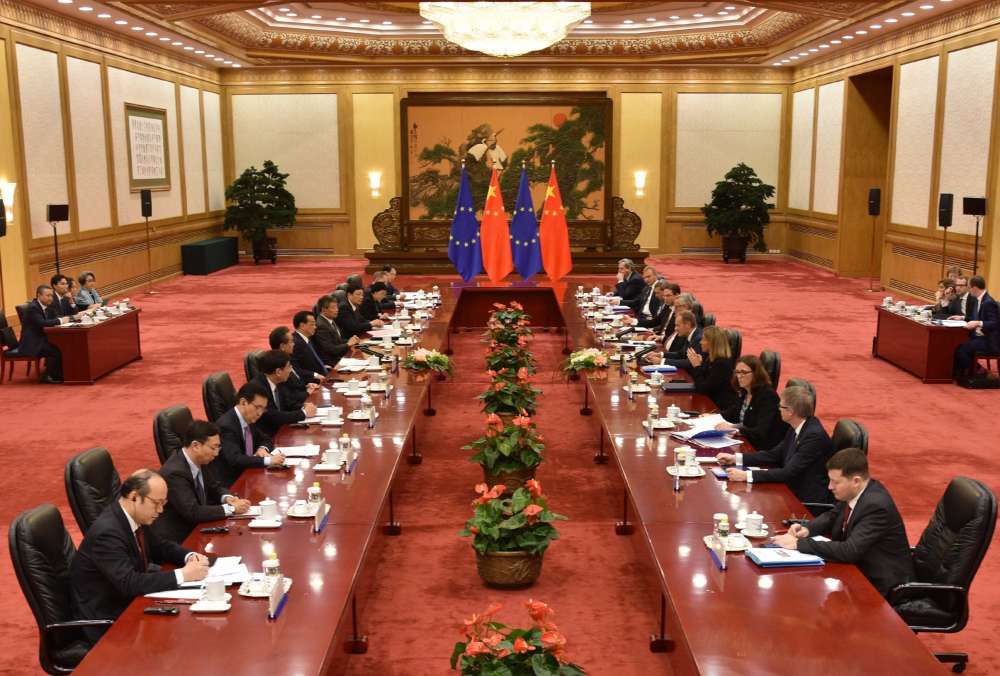Why Good China Policy Is About More Than Just Relations With Beijing
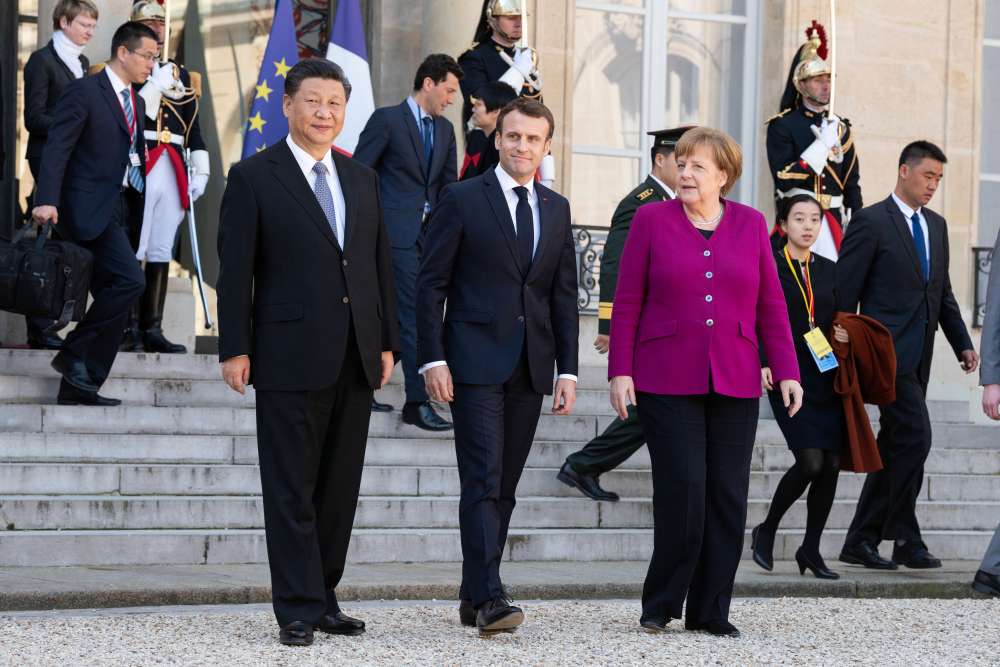
It is dawning on Europeans that the defining geopolitical challenge of this century will be the rivalry between China with its hegemonic aspirations on the one hand and the US and other open societies on the other. Both Beijing’s increasingly aggressive behavior and the Trump administration’s actions over the past four years have made it clear to Europe that the EU needs to assert itself as a player in its own right, with its own strategy, if it wants to persist in this “competition of systems.” This strategy should focus on making Europe competitive vis-à-vis Beijing’s authoritarian state capitalism. Fortunately, the EU finally seems to be moving toward such an approach. A key element of it should be cooperation with like-minded partners, such as Japan.
In March 2019, the EU published a document that describes China a “cooperative partner with whom the EU has closely aligned objectives, an economic competitor in the pursuit of technological leadership, and a systemic rival promoting alternative models of governance.” The French China scholar François Godement called this framing a “Copernican revolution.” Compared to the poetry of China as a “strategic partner” that has long dominated discussions on the topic, this is certainly true. And yet there are still European governments who do not seem to grasp the full range of challenges posed by Beijing. France, which through its overseas territories sees itself as a Pacific power, is one of the few countries in the Union that emphasizes China’s geopolitical role in Asia and has also committed its military accordingly, such as through freedom-of-navigation operations. Other EU member states are not as clear-cut in their positions.
In Germany, Minister of Defense Annegret Kramp-Karrenbauer has been one of the few leading politicians to call attention to Beijing’s military ambitions in Asia and beyond. German Chancellor Angela Merkel, by contrast, has remained hesitant to really change course on China. Alarmed by technology transfers and Beijing’s ‘Made in China 2025’ ambitions, she has agreed to pursue a tougher line on Chinese investments – which is not surprising given that these are matters that go to the heart of sectors in which Germany’s industry is strongest on the global market. Overall, however, and also in light of the outsized dependence on the Chinese market of major German businesses like Daimler and Volkswagen, Merkel and Germany’s Minister of Economics Peter Altmaier have been pushing for a soft stance on China.
This also explains why Berlin still has not banned Huawei, a high-risk technology provider, from building up Germany’s 5G network – an infrastructure that will be absolutely critical for the country’s economic future. A majority of MPs in the German parliament are now in favor of excluding Huawei; however, the chancellor has so far succeeded in stalling the legislative process while German telecommunications operators are creating facts on the ground by relying on Huawei antennas to roll out 5G. Merkel’s advocacy to keep the door open for Huawei is in no small part guided by a fear that the Chinese party-state will retaliate against German companies if Huawei is banned.
Another contradiction in Germany’s stance toward Beijing is evident in Europe’s China policy. On the one hand, the German government recognizes the need for the EU to speak with one voice when dealing with China and has become wary of the ‘17+1’, a format which China initiated to cooperate with the states of Central and Eastern Europe. On the other hand, Germany continues to cling to its privileged bilateral channels with China, such as the annual Chinese-German intergovernmental consultations that bring together all German ministers and their Chinese counterparts. This inconsistency undermines Germany’s credibility on the European stage.
Still, the past few years have seen a rethink on China across Europe – and much of it is due to Beijing’s own actions. It is remarkable how Beijing has squandered the opportunity to improve relations with Europe that was created by the Trump administration’s sometimes openly hostile course toward the EU. With his mockery of and brazen attack on institutions that most Europeans hold dear (including the European Union itself), Trump and his presidency would have provided ideal conditions for Beijing to try to pull Europe closer to China. Unlike in Japan, for example, Trump is universally disliked in Germany – more than 90 percent of Germans hold a negative view of him. In some polls, Germans even rated him lower than Russia’s Vladimir Putin and Chinese President Xi. It is striking, then, that even after four years of Trump a growing number of Europeans see Beijing as a „systemic rival.“
It is clear that China’s increasingly aggressive actions and the party-state’s ham-fisted diplomacy – rather than any signals coming from Washington – have triggered this reassessment. This includes Beijing’s assault on the rule of law in Hong Kong as well as its maneuver to take innocent Canadian citizens hostage to strong-arm the Canadian government into submission over the arrest of Huawei CFO Wanzhou. Similarly, China’s repression of ethnic minorities, including in Xinjiang, have been getting more and more attention across Europe. And Beijing’s aggressive “wolf warrior” diplomacy and disinformation campaigns aimed at obscuring the origins of the novel coronavirus have backfired spectacularly.
Even if China decides to make considerable concessions on market access in order to clinch an investment agreement with the EU, Beijing will find it hard to reverse the negative perceptions that are sprouting in Europe. More and more Europeans are skeptical when Xi presents his country as an ideal partner for multilateral cooperation. As the EU’s chief diplomat Josep Borrell put it, China “has a selective multilateralism that wants, and is based on, a different understanding of the international order.” And even most of those who argue in favor of trying to cooperate with China to address global challenges like the climate crisis or pandemics are acutely aware of the Chinese government’s aggressive approach in international bodies. Xi’s announcement that his country will be carbon neutral by 2060 and China’s decision to join COVAX, the global facility to ensure worldwide COVID-19 vaccine distribution, were clever diplomatic moves – but European skepticism toward Beijing remains.
By contrast, with a new US president about to enter office, the US image in Europe is bound to improve significantly. Joe Biden has a big opening to pursue his China agenda in partnership with Europe, for example in the World Trade Organization. Moreover, by re-committing the US to the World Health Organization and the Paris Agreement on Climate Change, Washington and Brussels can work together to hold Beijing accountable both on its climate pledges as well as its promise not to instrumentalize COVID-19 vaccines for diplomatic gain.
Germany and Europe have consistently opposed the call of some US hawks for a full-fledged “decoupling” from China. Yet they sometimes overlook that that much of this separation is actually driven by Beijing. Still, there is a growing realization especially in Germany that there is no way around an effort to rebalance relations with China, including by reducing Europe’s dependence on the Chinese market through diversifying economic relationships. This recognition is also reflected in the German government’s Indo-Pacific strategy, adopted this fall. The strategy makes it clear that an effective China policy has to be about much more than just the mode of direct dealings with Beijing. It is also about deepening economic and political ties with like-minded countries in the region, including Japan.
There is a lot that Germany, Europe and Japan can do together, for example in the realm of technological and research cooperation as well as through standard-setting or jointly standing up to Chinese economic coercion with other allies. And Germany can certainly learn from Tokyo’s approach to dealing with China. Japan has similar economic dependencies. Unlike Germany, however, Japan also has an immediate experience with China as a direct security threat. That sharpens the perspective.
A Japanese version of this commentary will be published in The Wedge in January 2021.



